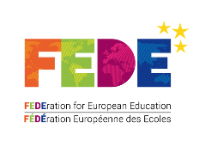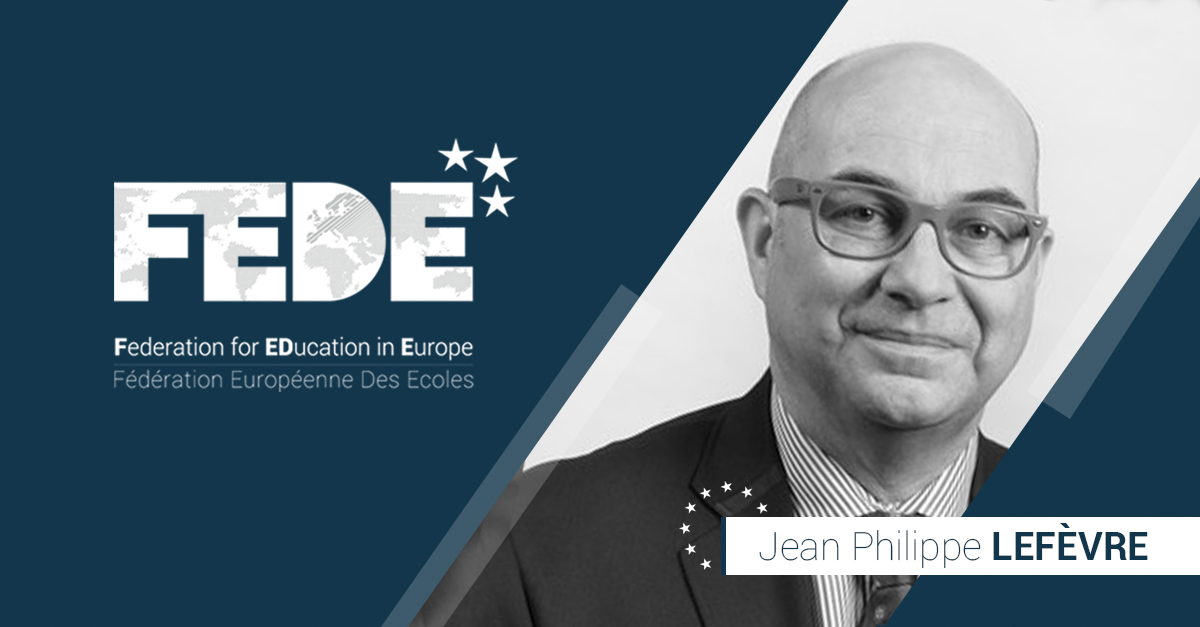Jean Philippe Lefèvre: member of FEDE’s panel of experts.
He provides his background in the following interview.
What type of work are you involved in at the moment?
I am a qualified historian and have also gained the Diploma from the Institute of Political studies in Strasbourg. I am passionate about my principal activity as Professor of History, because I love to transmit knowledge to others. I am also responsible for lectures at the University of Bourgogne as well as doing the same in Ecoles Supérieures on the subject of the history of cultural politics, which is my second speciality.
You are known as an expert in Cultural Politics; you are also very involved at the heart of the National Federation of Local Authorities for Culture (FNCC). Can you introduce the Federation and explain to us what is your role within it?
I am responsible for the training of those who have been elected to this association; it was created in 1960 on the initiative of a group of mayors of all political persuasions, and under the presidency of Michel Durafour, who, at the time, was mayor of Saint-Etienne. The National Federation of Local authorities for Culture brings together today more than four hundred and fifty communes, groups of communes, departmental and regional councils of France.
What is the DNA of the association?
The FNCC, a pluralistic association, is a special meeting place for elected representatives in order to facilitate the exchange of information, the comparison of experiences, the shared analysis of problems in their sectors, and the development of propositions in all the areas concerned with localised cultural activities. It’s a major tool in the service of localised cultural activities.
What are your other responsibilities?
I became involved very early in civic life and have been re-elected several times on different mandates as deputy for culture. I am also a regional councillor for the region of Bourgogne Franche Comté and author of a blog on Cultural Politics which has attracted a considerable number of followers. I am passionate about local territorial life and I try and to communicate this commitment to students, hence my involvement with the FEDE.


